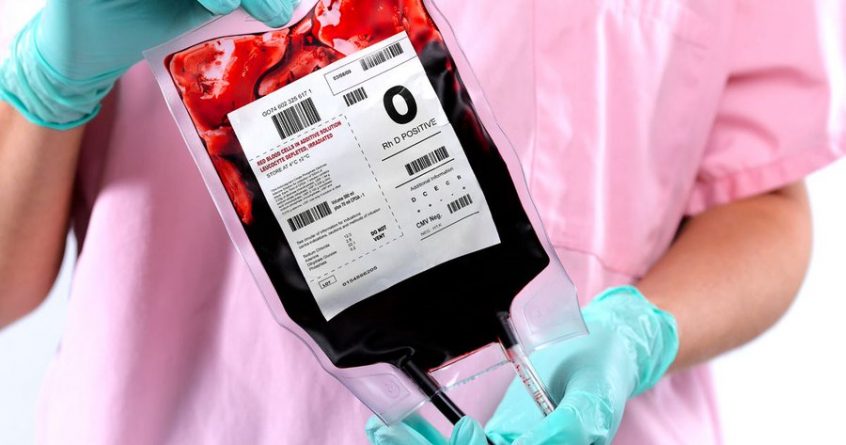In their effort to find factors which might favour Covid infection, researchers at King’s College London have analysed over 3,000 proteins to see if any are causally linked to the development of severe Covid-19.
This is the first time such a large number of proteins has been examined for a possible connection to Covid-19.
It’s important: the findings may provide insight into potential new approaches to treat and prevent severe cases.
So far, researchers have identified eight proteins that could protect against severe Covid-19 and six that could increase the risk of a severe case.
One of the proteins, ABO, which increases the risk of developing severe Covid-19, also determines our blood groups. So does your blood group decide whether you develop severe forms of the disease?
By examining this array of proteins, researchers have identified possible targets for drugs that might help treat severe Covid-19.
Dr Alish Palmos, co-first author at King’s College London, says: “We have used a purely genetic approach to investigate a large number of blood proteins, and established that a handful have causal links to the development of severe Covid. Homing in on this group of proteins is a vital first step in discovering potentially valuable targets for development of new treatments.”
Furthermore, the scientists found eight proteins that protected against hospitalisation or respiratory support/death, and six that increased those risks.
They even distinguished between proteins linked to hospitalisation and those linked to needing ventilators.
ABO enzyme, which determines blood group, was causally linked to both an increased risk of hospitalisation and a need for a ventilator. This supports previous findings of an association of blood group with higher likelihood of death.
Blood group A is more common among Covid-19- positive patients, suggesting this blood group should be investigated.
Professor Gerome Breen, co-first author and Professor of Genetics, King’s College London, says: “What we have done in our study is provide a shortlist for the next stage of research.
“Out of thousands of blood proteins we have whittled it down to about 14 that have some form of causal connection to the risk of severe Covid-19, and present a potentially important avenue for further research to better understand the mechanisms behind the disease, with the ultimate aim of developing new treatments but potentially also preventative therapies.”
Researchers also identified three “adhesion” molecules as being causally linked to a decreased risk of hospitalisation.
As these adhesion molecules mediate interactions between immune cells and blood vessels, this chimes with previous research suggesting that late-stage Covid-19 is a disease involving the linings of blood vessels.

